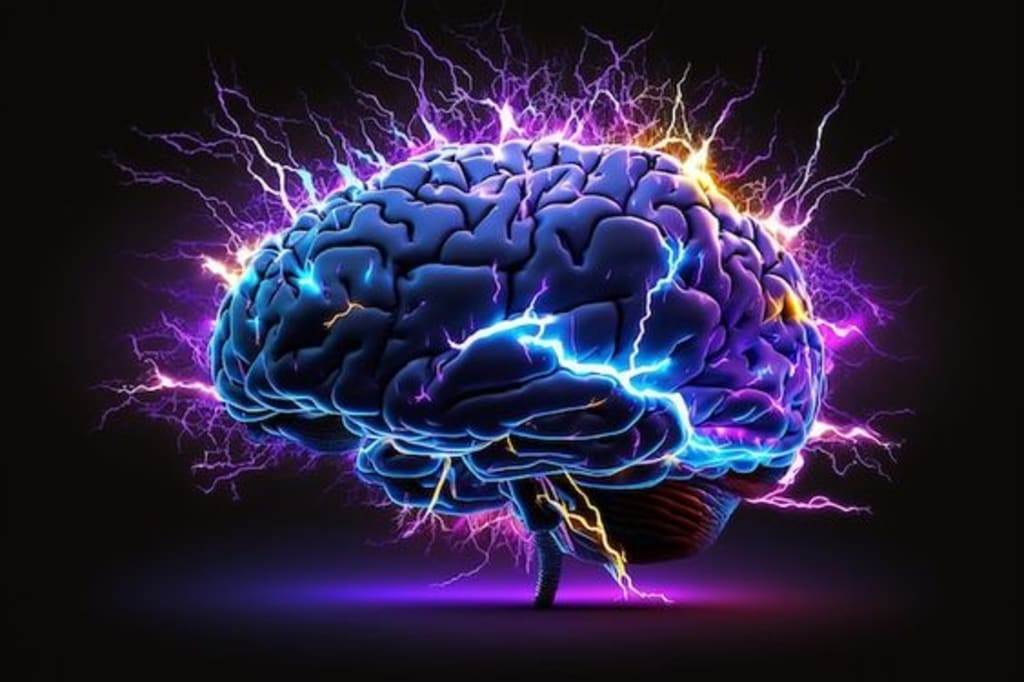Beyond the Mind: What Can You Do Without a Brain?
Exploring Unconscious Acts and Post-Mortem Phenomena

Imagine needing your brain to comprehend the words spoken and to determine if you liked what you heard. You'd also rely on your brain to coordinate your muscles to click the subscribe button. In essence, you rely on your brain for countless tasks, and without it, you'd be quite limited in your capabilities. So, in the most literal sense, is there such a thing as a "no-brainer"?
Let's explore this idea, starting with a macabre topic: decapitation. While it's not a pleasant subject, it's worth investigating. In 1945, farmer Lloyd Olsen intended to prepare a chicken for dinner. He removed the chicken's head, but to his shock, it didn't die. This headless chicken, named Mike, went on to live another 18 months. He even embarked on a national tour, astonishing onlookers with his ability to walk, perch, and be fed by carefully placing water drops or grains down his throat. However, calling Mike's actions a no-brainer is a stretch, as he retained a portion of his brainstem.
For a clearer example of a no-brainer, we can turn to simpler creatures like cockroaches. These insects don't breathe through their heads, and even when decapitated, they can survive for weeks, moving and responding to stimuli. Their primary challenge is eventually succumbing to starvation due to the absence of their heads.
Humans, unfortunately, are not as fortunate. Without a head and brain, we'd perish within seconds, if not instantaneously. However, with our heads intact, we can perform actions that don't necessarily involve the brain, such as reflexes. For instance, when you snap your fingers or experience a forceful sneeze, these actions are facilitated by rapid nerve impulses, some as fast as 250 mph. These actions don't require direct brain involvement and fall under the category of reflexes.
To delve deeper into no-brainers, it's essential to consider what happens in a deceased, brainless body. Even in this state, muscle cells retain a trace of energy in the form of ATP. Researchers have demonstrated this phenomenon using insect parts, where the detached legs continue to respond to touch or even the presence of air, generating electrical signals.
Moreover, human muscle cells would exhibit similar behavior. Despite being disconnected from the body and brain, they maintain the potential for activity. This state is not exclusive to laboratories but can be observed using salt, which can trigger a response in muscle cells after death. This property is a candidate for a no-brainer, as it doesn't necessitate a living brain.
Another no-brainer, in the literal sense, is post-mortem digestion. While digestion primarily relies on a functional nervous system, certain aspects involve bacterial activity within the gut. Even after death, these bacteria continue to break down matter, contributing to the formation of waste. So, post-mortem digestion could be considered a no-brainer as well.
Lastly, skin cells can persist and divide after death, thanks to their ability to draw nutrients through osmosis. Skin cells may continue to live for days following death, suggesting that this, too, can be classified as a no-brainer.
However, these discussions lead to philosophical questions about identity. Are you solely defined by your brain's actions, or are you the sum of all your cells' activities, even when your brain is no longer in control? In essence, can a no-brainer truly exist if it involves actions not directed by "you"?





Comments
There are no comments for this story
Be the first to respond and start the conversation.